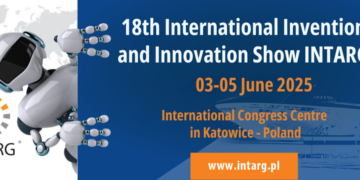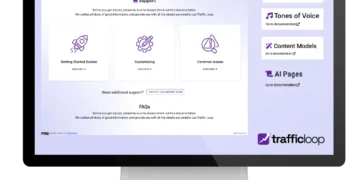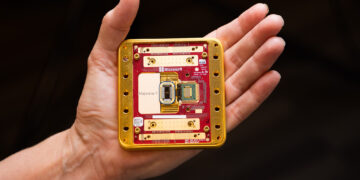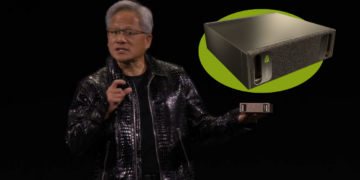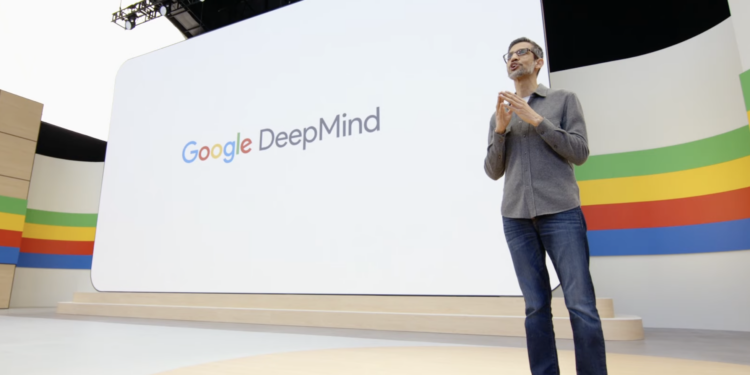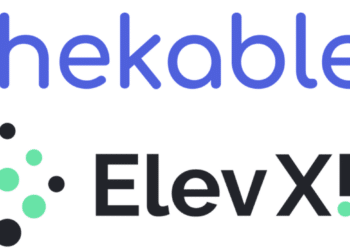In a recent event, Google unveiled “Project Astra,” a universal AI agent poised to revolutionize the AI landscape. This innovation, distinct from traditional chatbots, is designed to be a versatile AI assistant capable of interacting more naturally and intuitively with users, leveraging advanced memory and reasoning capabilities.
Technical Features and Patent Innovations
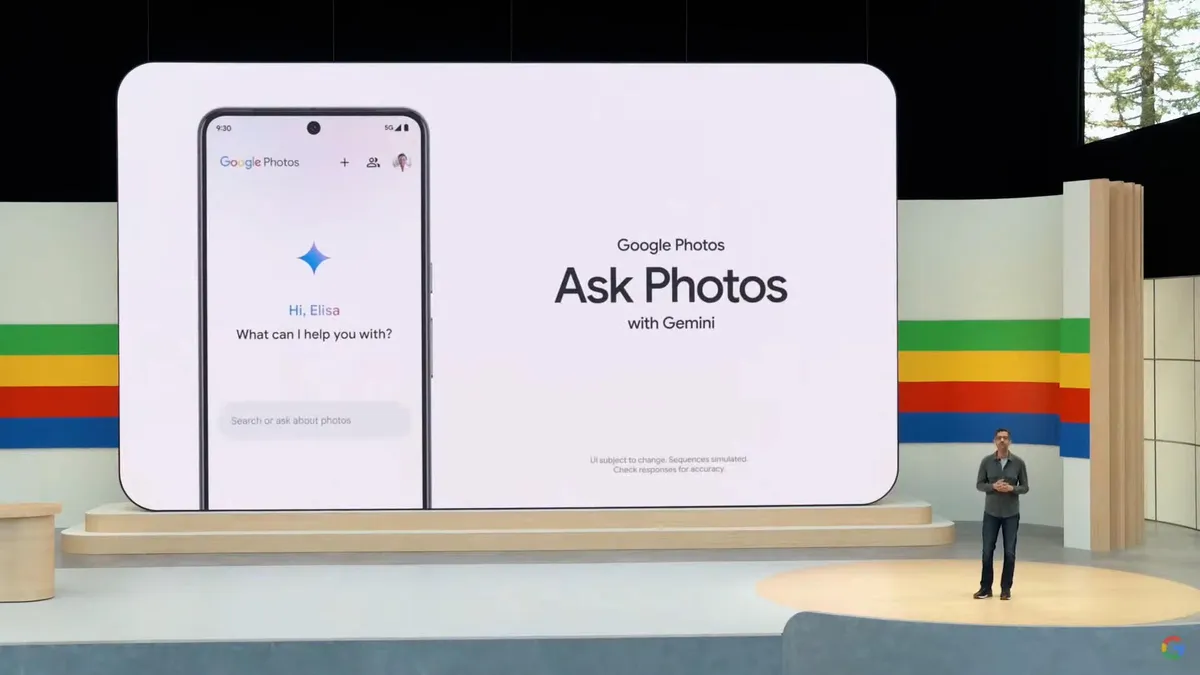
Episodic Memory and Advanced Reasoning
One of Project Astra’s standout features is its episodic memory, allowing the agent to recall specific events and use this information for future problem-solving. During a demonstration, the AI was able to remember the location of a pair of glasses on a desk, a detail that might have been missed by a human observer. This capability is enabled by advanced learning techniques and memory modeling, which Google has patented to ensure technological exclusivity in the field.
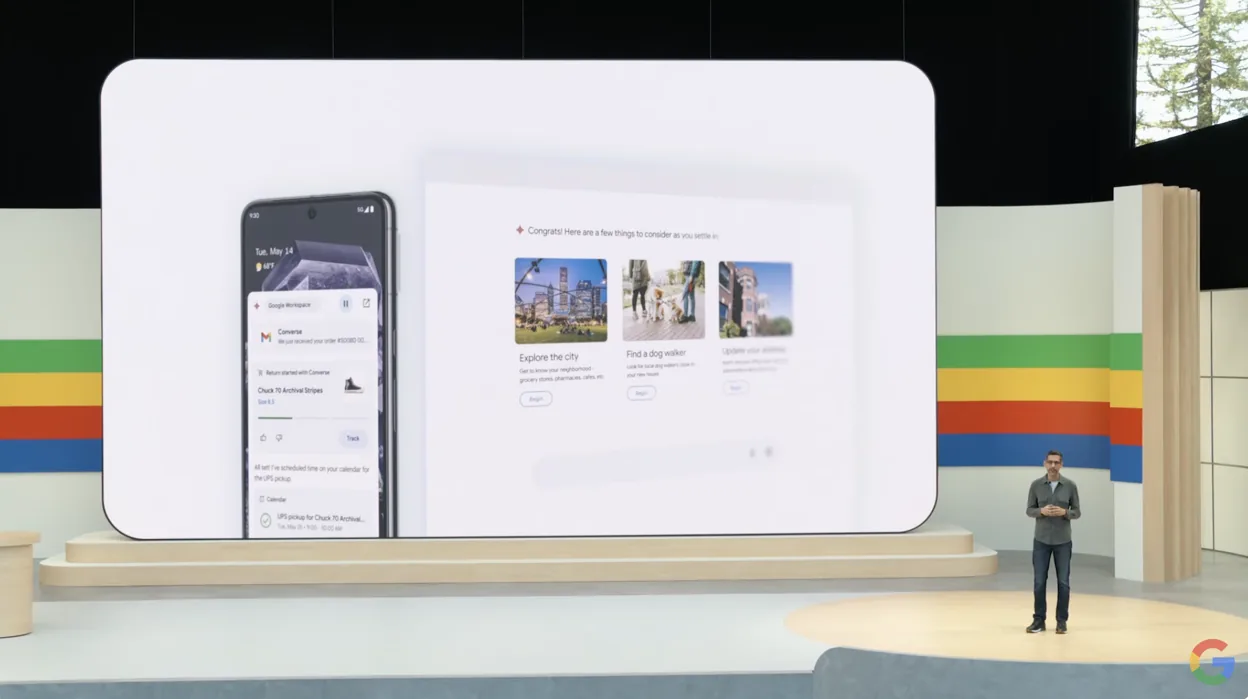
Integration with Google’s AI Ecosystem
Project Astra integrates seamlessly with Google’s generative AI ecosystem, including the Gemini model, which enables developers to create more effective and integrated AI applications. Gemini uses large language models (LLMs) to predict and generate content, enhancing user interaction with the AI -This approach extends Project Astra’s capabilities, making it not just an assistant but a true virtual collaborator across various operational contexts.
Patent Aspects and Innovation
Google has filed numerous patents to protect the technologies underpinning Project Astra. These patents primarily cover methods for integrating episodic memory and advanced reasoning into AI, as well as techniques for autonomous task management. Such patent innovations are crucial to ensuring Google maintains a significant competitive edge in the AI market.
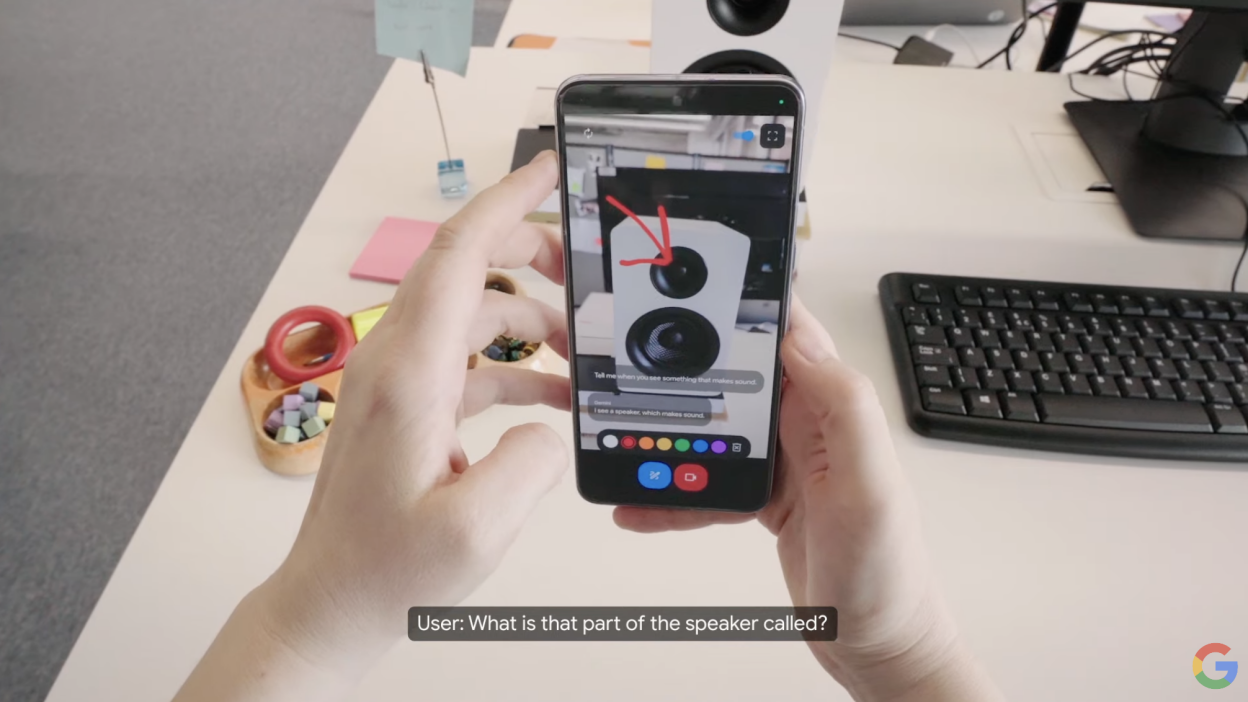
Implications for the Future of AI
The introduction of Project Astra marks a significant step towards advanced automation and the creation of more intelligent and autonomous AI. Astra’s advanced memory and reasoning capabilities are set to transform not only how we interact with technological devices but also applications in fields such as healthcare, business management, and scientific research.
With Project Astra, Google demonstrates its ability to innovate in the field of artificial intelligence while solidifying its position as a global technology leader. This new AI agent promises to open new frontiers in autonomous information management and personalized assistance, backed by a robust patent portfolio that ensures the protection of its groundbreaking technologies.
For further details and insights on Google’s patent innovations and how they influence the technological invention landscape, stay tuned to ThePatent Magazine.



